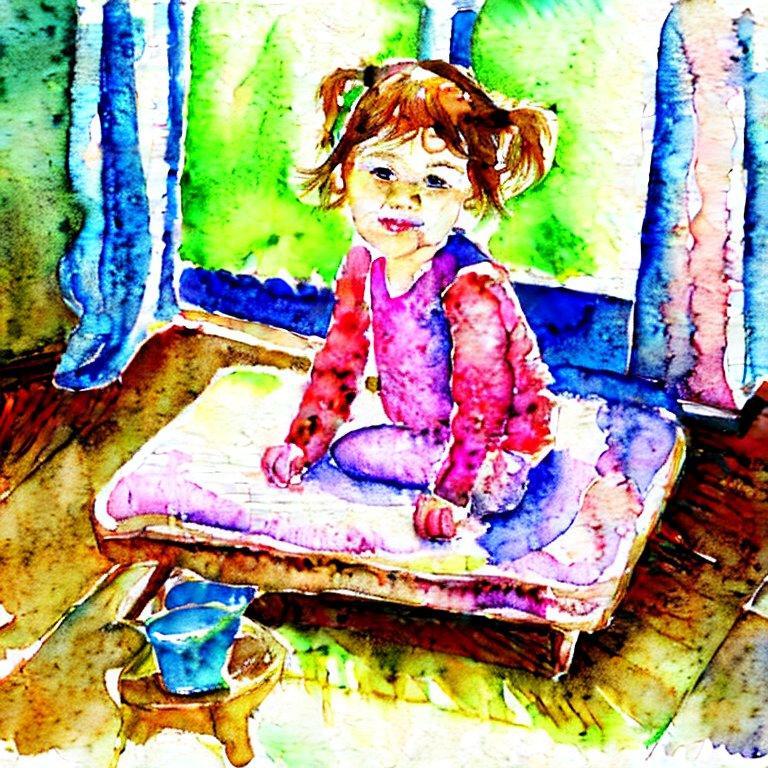As a parent, it is important to understand the stages of play that your child goes through.
At 18 to 24 months old, your child is beginning to develop their own personality and exploring the world around them. Play is a critical part of this developmental stage and can help your child build their cognitive, physical, and social skills. In this article, we will discuss the different stages of play that your child may go through at 18 to 24 months old.
-
Solitary Play
Solitary play is when your child plays alone without any interaction with others. At 18 to 24 months old, your child may begin to engage in more solitary play, as they become more independent and self-sufficient. During this stage, your child may prefer to play with toys that are easy to manipulate, such as blocks or stacking cups. This type of play can help your child develop their fine motor skills and hand-eye coordination.
-
Parallel Play
Parallel play is when your child plays alongside other children, but not necessarily with them. This is a common stage of play at 18 to 24 months old, as your child is beginning to become more aware of others around them. During parallel play, your child may mimic the actions of other children, but they do not necessarily engage in cooperative play. This type of play can help your child develop their social skills and increase their comfort level with other children.
-
Cooperative Play
Cooperative play is when your child plays with other children and engages in shared activities. At 18 to 24 months old, your child may begin to engage in more cooperative play, as they become more comfortable with social interaction. During this stage, your child may engage in imaginative play, such as playing house or pretending to be animals. This type of play can help your child develop their communication and problem-solving skills, as they learn to work together with others.
-
Physical Play
Physical play is an important part of your child's development at 18 to 24 months old. Your child may begin to engage in more physical play, such as running, jumping, and climbing. This type of play can help your child develop their gross motor skills and coordination. It is important to provide your child with a safe environment for physical play and to supervise them at all times.
-
Sensory Play
Sensory play is when your child engages in play that stimulates their senses, such as touch, smell, and sound. At 18 to 24 months old, your child may begin to engage in more sensory play, as they become more curious about the world around them. This type of play can help your child develop their cognitive skills and increase their understanding of cause and effect.
Conclusion
Play is an important part of your child's development at 18 to 24 months old. Understanding the different stages of play can help you provide your child with the appropriate environment and toys to help them develop their cognitive, physical, and social skills. By encouraging your child to engage in different types of play, you can help them develop into confident and capable individuals.










